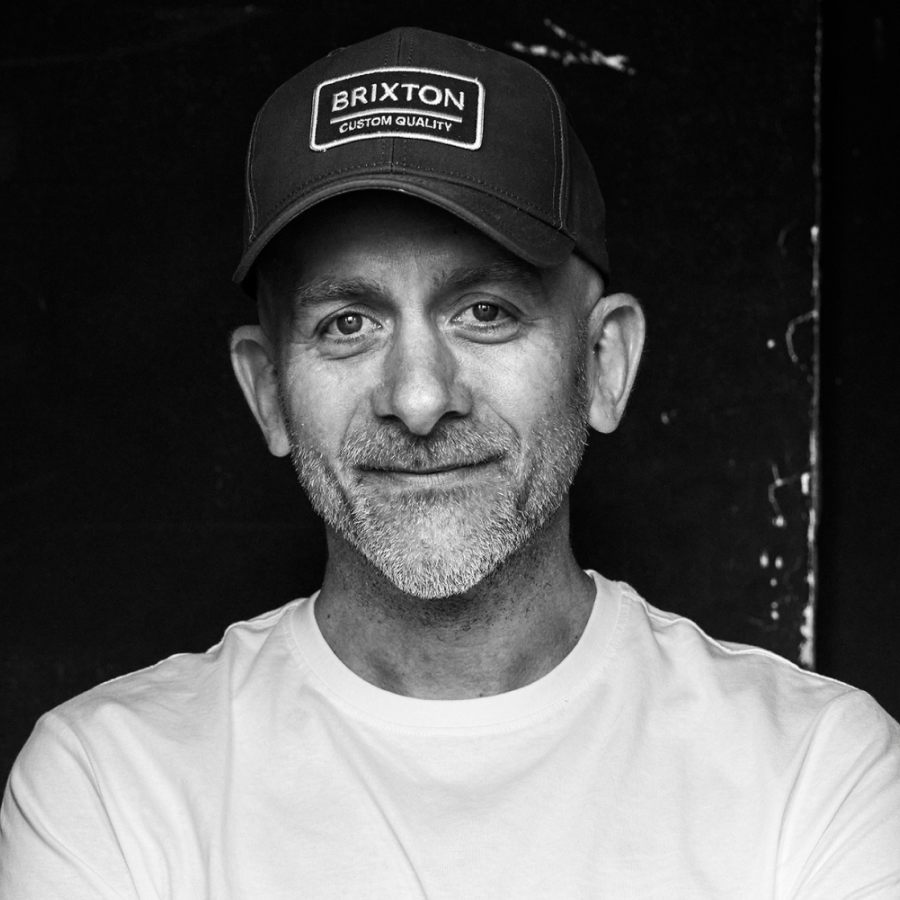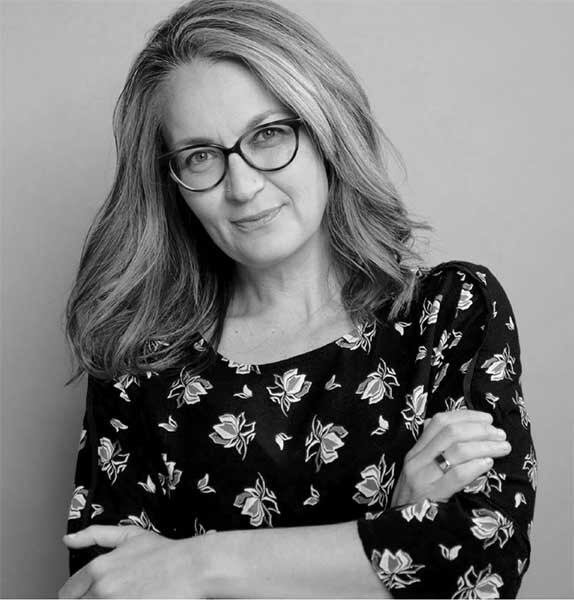
ASKING FOR A FRIEND
How do you overcome loneliness when pursuing your creative passion?
ASKING FOR A FRIEND - QUESTION
Feeling isolated while chasing your creative dreams? Psychologist Jocelyn Brewer and creative leaders Andy Wright and Jeremy Willmott tackle the loneliness that comes with passion projects and financial uncertainty. Discover practical strategies for building micro-communities, the difference between productive solitude and harmful isolation, and how virtual co-working can create accountability. Whether you're coding an app at dawn or pitching ideas that aren't being heard, this conversation offers warm, expert guidance on finding your creative tribe and championing your own work without burning out.
Finding Your Creative Tribe: Beating the Loneliness of Passion Projects
Starting a creative passion project can feel like stepping into the wilderness alone. You're pouring your heart into something that matters deeply to you, but the silence around your work can be deafening. Add financial stress to the mix, and that isolation can feel overwhelming.
This question was answered by Jocelyn Brewer, a psychologist and cyberpsychology consultant who specialises in the intersection of psychology, technology, and authentic wellbeing. The conversation was hosted by Andy Wright, founder of Never Not Creative and CEO of Streamtime, alongside Jeremy Willmott, Creative Director at Paper Moose.
Understanding Creative Loneliness
Jocelyn explains that "loneliness is usually about emotional disconnection and the difference between the connection you want to have and the connection you actually have." When you're investing heavily in a side project or trying to make your creative work financially viable, that gap between desired and actual connection can feel particularly stark.
Jeremy adds another layer: "There's this creative loneliness where you can be in an agency and be lonely in the sense of like you've got a great idea and it's not being heard or it's not being recognised." This type of isolation isn't just about being physically alone – it's about feeling unseen in your creative vision.
The Power of Micro-Communities
The solution isn't necessarily finding hundreds of like-minded people. As Jocelyn notes, "I always think two people make a community. It doesn't have to be me and 17 people at the pub." Building connection can start small and grow organically.
Jeremy emphasises finding "pockets of people that at least you can talk to about the project or have an interest in it." Even if they don't share your exact passion, connecting with others who have their own creative projects can provide mutual understanding and support.
Alone Time vs Loneliness
There's an important distinction between productive solitude and harmful isolation. Jocelyn describes the difference as "nourishing solitude and that kind of reflective contemplative time versus where are my people?"
She suggests thinking about "alone time as being incubation for some of your creative projects" and finding "that dance between alone versus not too much loneliness." The key is intentionally building connection into your routine while protecting the creative space you need.
Creating Accountability and Community
Virtual co-working can bridge the gap between isolation and connection. Jocelyn shares an example: "This morning we did a co-work where literally nine people from around the world got together... I stayed so on task because I knew that there were all these other people."
This approach creates "community and accountability so that you know you're around other people who are working towards that endeavour together," even when you're working on completely different projects.
Championing Your Own Work
Jeremy reminds us that "every project needs a champion, and if you believe in that project enough to get it through... that project needs that champion to realise it." While this responsibility can feel lonely, it's also empowering. Your passion project exists because you're willing to see it through.
How NNC Circles Can Help
Never Not Creative's Circles programme creates exactly the kind of supportive community discussed in this conversation. These peer support groups connect creatives in small, confidential groups of 8-10 people who meet monthly to share experiences and support each other through challenges.
Circles provide a safe space to discuss the isolation that comes with creative work, offering both practical strategies and emotional support from people who understand the unique pressures of our industry. Learn more about joining a Circle.
When to Seek Professional Help
If loneliness becomes overwhelming or starts affecting your mental health significantly, it's important to reach out for professional support. The creative industry can be particularly challenging, and there's no shame in needing additional help to navigate these feelings.
Find professional mental health resources and crisis support services that understand the unique pressures creatives face.
The loneliness of pursuing your creative passion is real, but it doesn't have to be permanent. By building micro-communities, balancing solitude with connection, and remembering that your project needs you as its champion, you can find your way through the wilderness. Your creative work matters, and so do you.
our guests
Industry Leader

Jeremy Willmott
Paper Moose
Mental Health Expert

Jocelyn Brewer
Host

